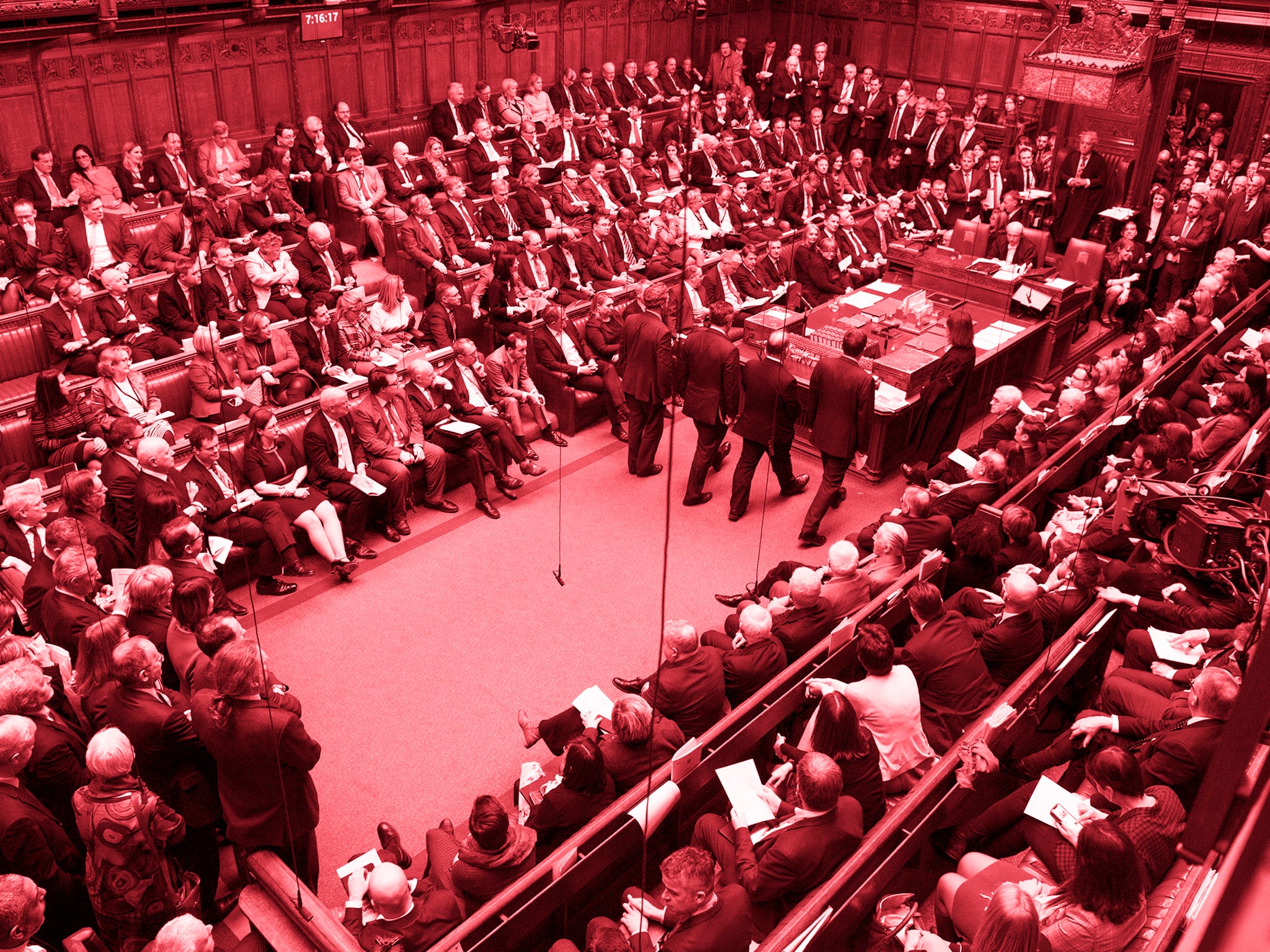Did a Conservative whip really break the party whip in key Brexit vote?
Mike Freer was accused of defying the instructions he was meant to be enforcing - but there was an innocuous explanation...

Tory whip Mike Freer was accused of breaking his party's own whip in a key Brexit on Wednesday, but here is what really happened...
What happened?
Theresa May suffered a major rebellion on Wednesday night when four of her cabinet ministers and eight other ministers defied her orders to vote against a motion ruling out a no-deal Brexit.
11 of them abstained on the motion and one, work and pensions minister Sarah Newton, voted for it.
Reports suggested one of the government’s own whips, Finchley and Golders Green MP Mike Freer, had also refused to obey the instructions that he himself was supposed to be enforcing.
Division lists revealed that Mr Freer had indeed failed to vote, prompting speculation that he had joined the rebellion of pro-EU MPs.
Did a Conservative whip really break the whip?
In short, no. It is understood that Mr Freer had permission to miss the vote because he was “paired” with Labour’s Andrew Gwynne.
Mr Gwynne, the shadow communities secretary, had tweeted earlier in the day to say he was missing the crucial Brexit votes because his 7-week-old grandson was seriously ill in hospital.
So rather than failing to vote because he felt he could not support the government's position, he did so intentionally to ensure that Mr Gwynne's absence did not affect the outcome of the vote.
The pairing convention allows MPs who are unable to take part in a vote to do so knowing that it will not have an impact on the result. If they are unable to vote, party whips assign a member of the opposing party who agrees to also miss the vote, ensuring the outcome is not affected.
Conservative whips are likely to be particularly careful to ensure the convention around pairing is respected following a major row last year in which Liberal Democrat MP Jo Swinson, who was on maternity leave, was assured she was paired with Tory party chairman Brandon Lewis for a key vote. But with the Tories facing a major defeat, Mr Lewis went ahead and took part in the vote, prompting accusations that Tory chief whip Julian Lewis had broken the trust involved in pairing arrangements in order to try to win the vote. The Conservatives, however, insisted it had been an honest mistake.
What is 'pairing'?
The pairing convention allows MPs who are unable to take part in a vote to do so knowing that it will not have an impact on the result. If they are unable to vote, party whips assign a member of the opposing party who agrees to also miss the vote, ensuring the outcome is not affected.
Conservative whips are likely to be particularly careful to ensure the convention around pairing is respected following a major row last year in which Liberal Democrat MP Jo Swinson, who was on maternity leave, was assured she was paired with Tory party chairman Brandon Lewis for a key vote.
But with the Tories facing a major defeat, Mr Lewis went ahead and took part in the vote, prompting accusations that Tory chief whip Julian Lewis had broken the trust involved in pairing arrangements in order to try to win the vote. The Conservatives, however, insisted it had been an honest mistake.
Subscribe to Independent Premium to bookmark this article
Want to bookmark your favourite articles and stories to read or reference later? Start your Independent Premium subscription today.

Join our commenting forum
Join thought-provoking conversations, follow other Independent readers and see their replies